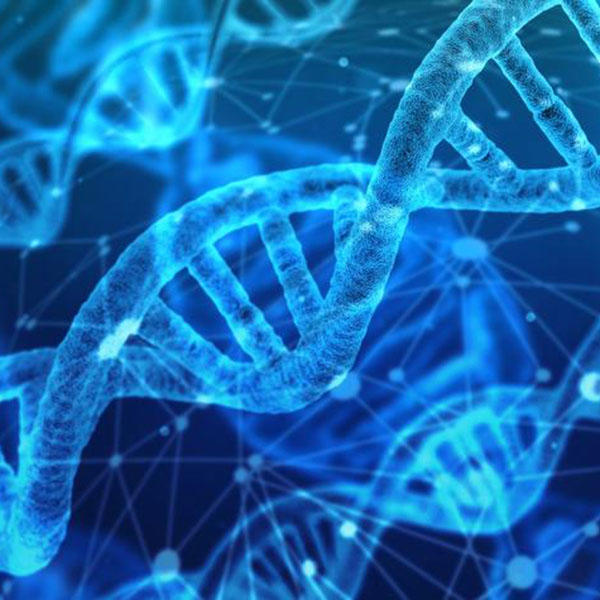New Genetic Alterations Associated with Childhood Cancers
, by DCEG Staff
A new study finds that childhood cancer survivors are more likely to carry a harmful, or likely harmful, variant in cancer susceptibility genes, compared to individuals without cancer. The findings were published January 23, 2021, in JNCI Cancer Spectrum.
Despite improvements in overall survival, cancer remains the second leading cause of death in children, after accidents. In order to better understand the genetic susceptibility of childhood cancer, investigators in the Clinical Genetics Branch evaluated the frequency of harmful genetic variants in over 5000 individuals from the Childhood Cancer Survivor Study. They found that about four percent of survivors with European ancestry carried a harmful, or likely harmful, genetic variant, compared to about one percent of people without cancer. In addition to confirming susceptibility variants in several known cancer predisposing genes, the authors identified new genes typically associated with adult-onset cancers, including BRCA1/2, FH, PALB2, PMS2, and CDKN2A.
The results of this study indicate that harmful variants in known cancer susceptibility genes play an important role in the cause of pediatric cancer and long-term survival in those patients. Additional studies are needed to confirm whether the newly identified variants are indeed pathogenic; further characterization of these risk variants may have clinical implications for the patient and their families.
Reference
Kim J et al. Frequency of pathogenic germline variants in cancer-susceptibility genes in the Childhood Cancer Survivor Study. JNCI Cancer Spectrum. January 2021. DOI: 10.1093/jncics/pkab007. [Epub before print].
